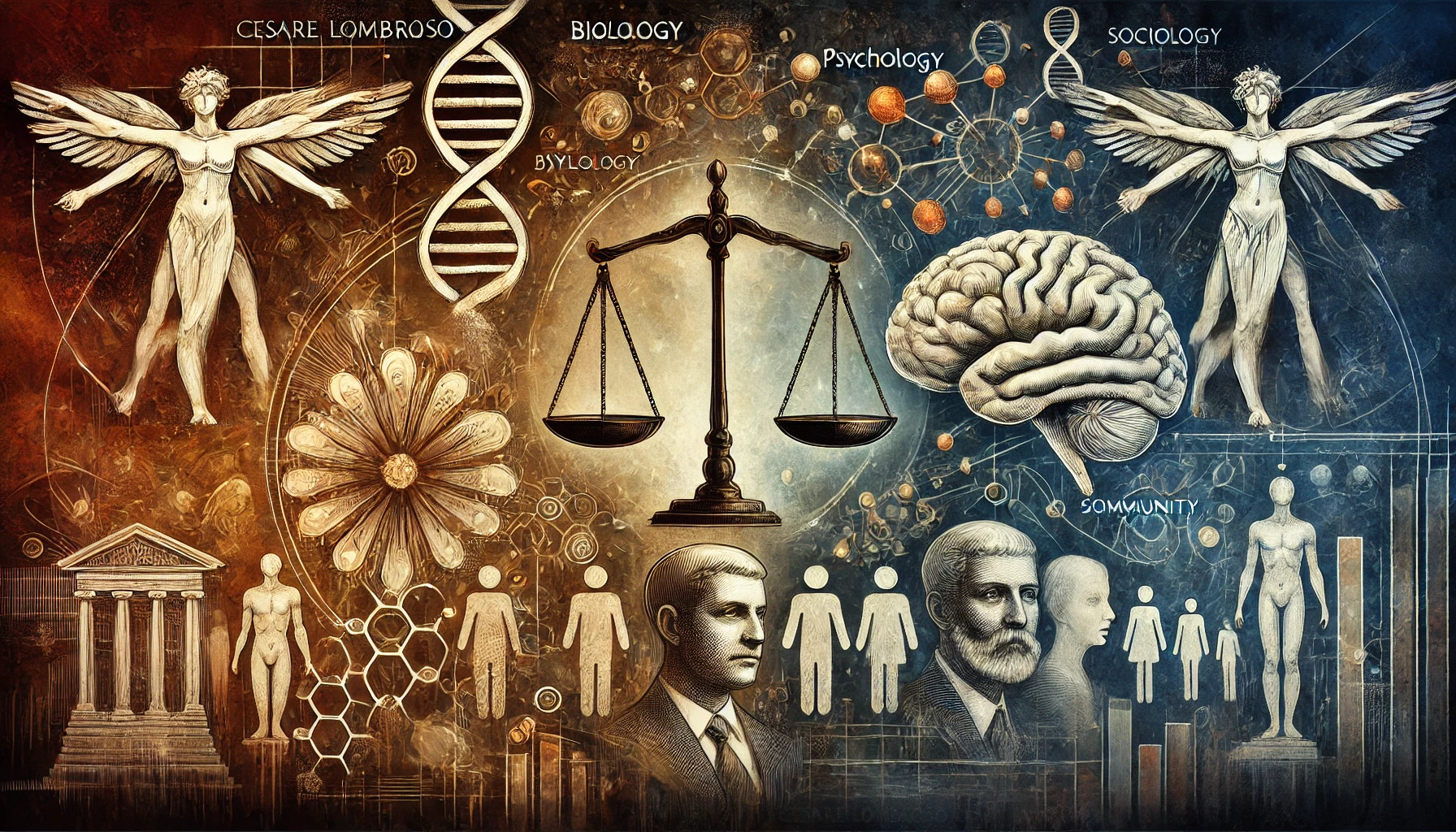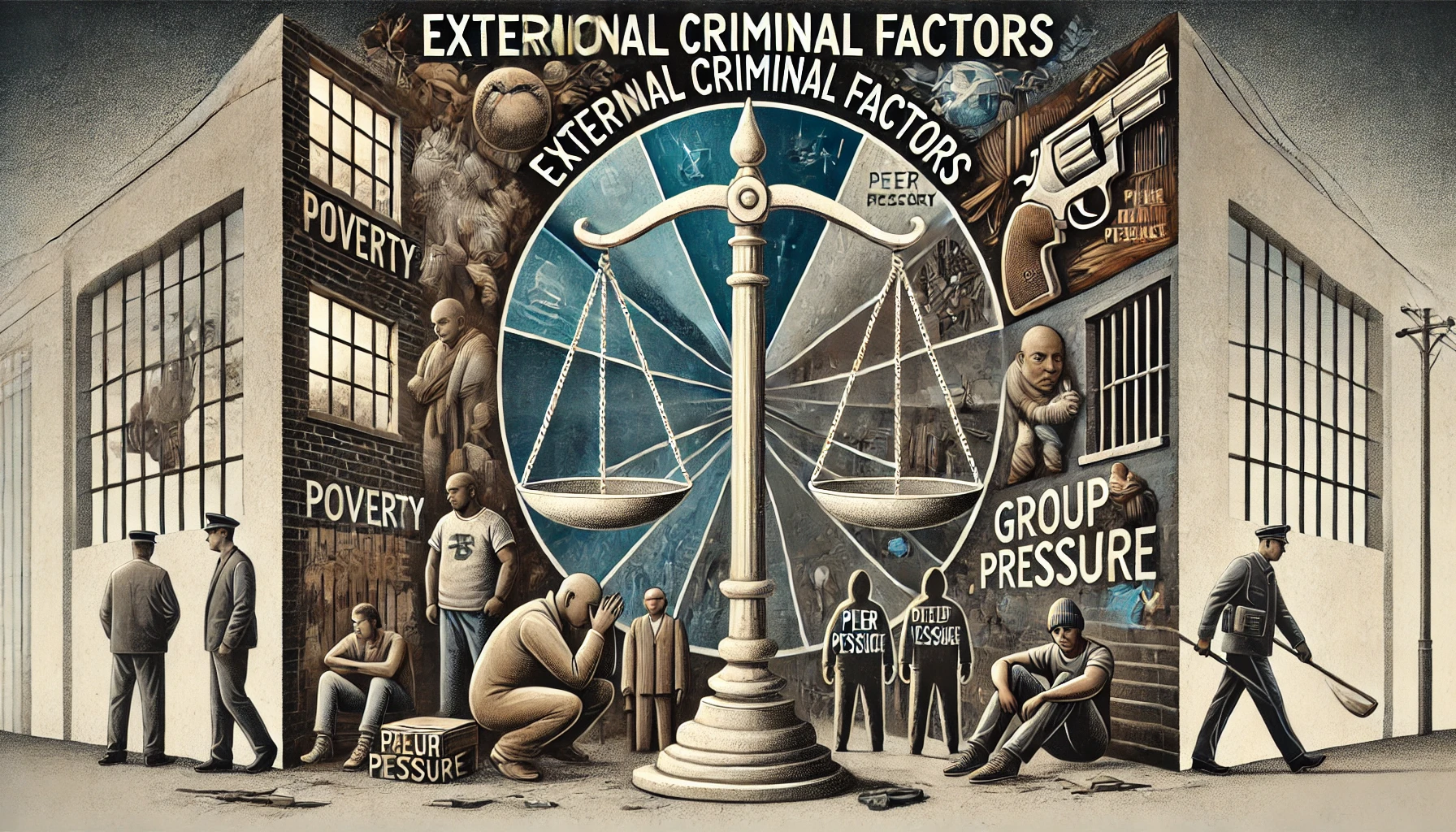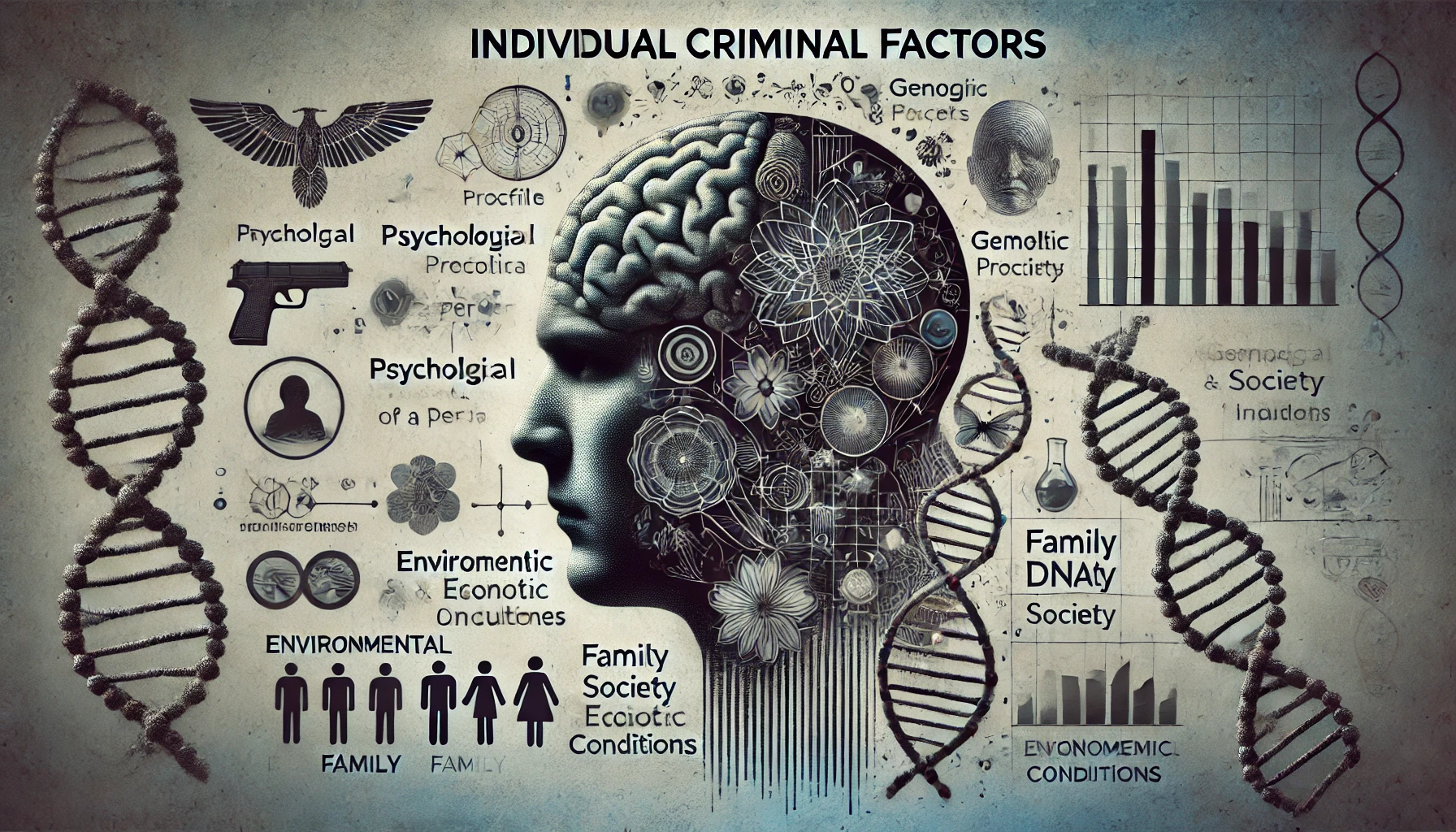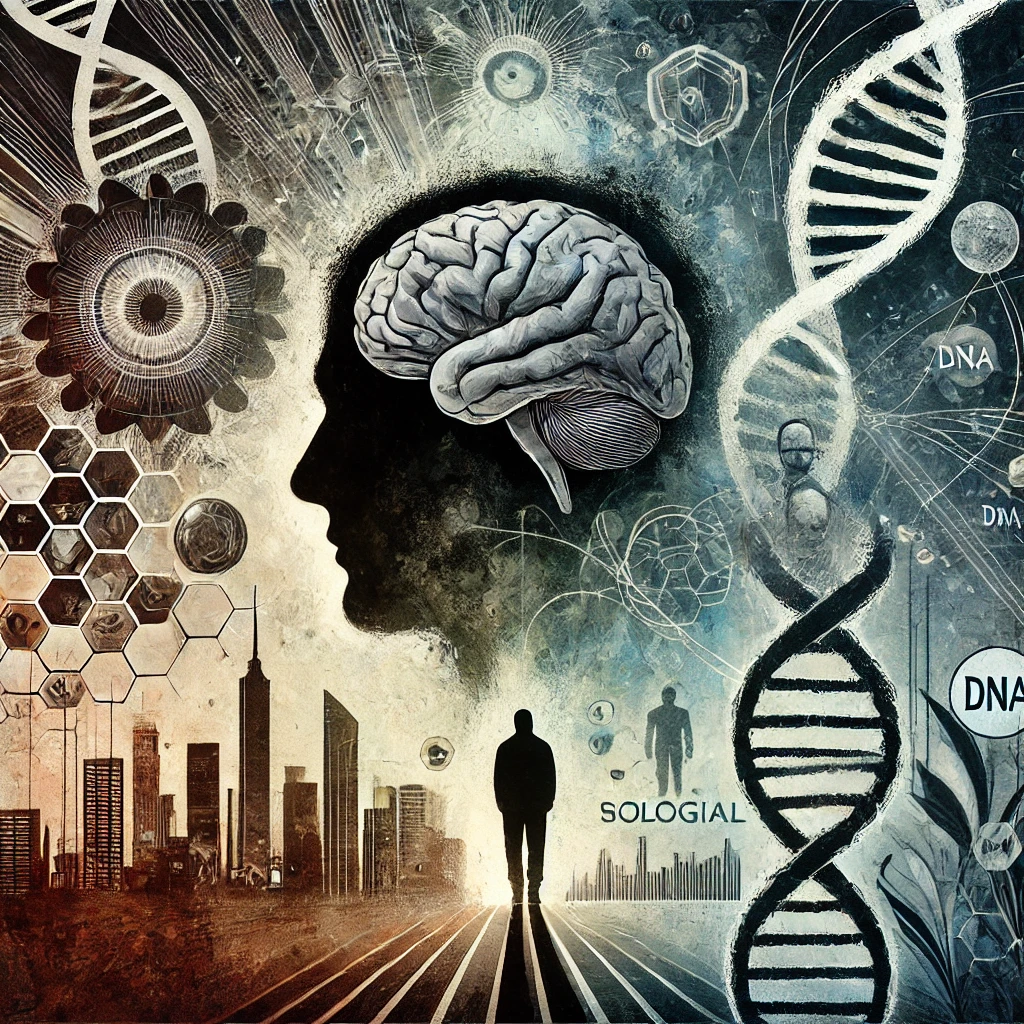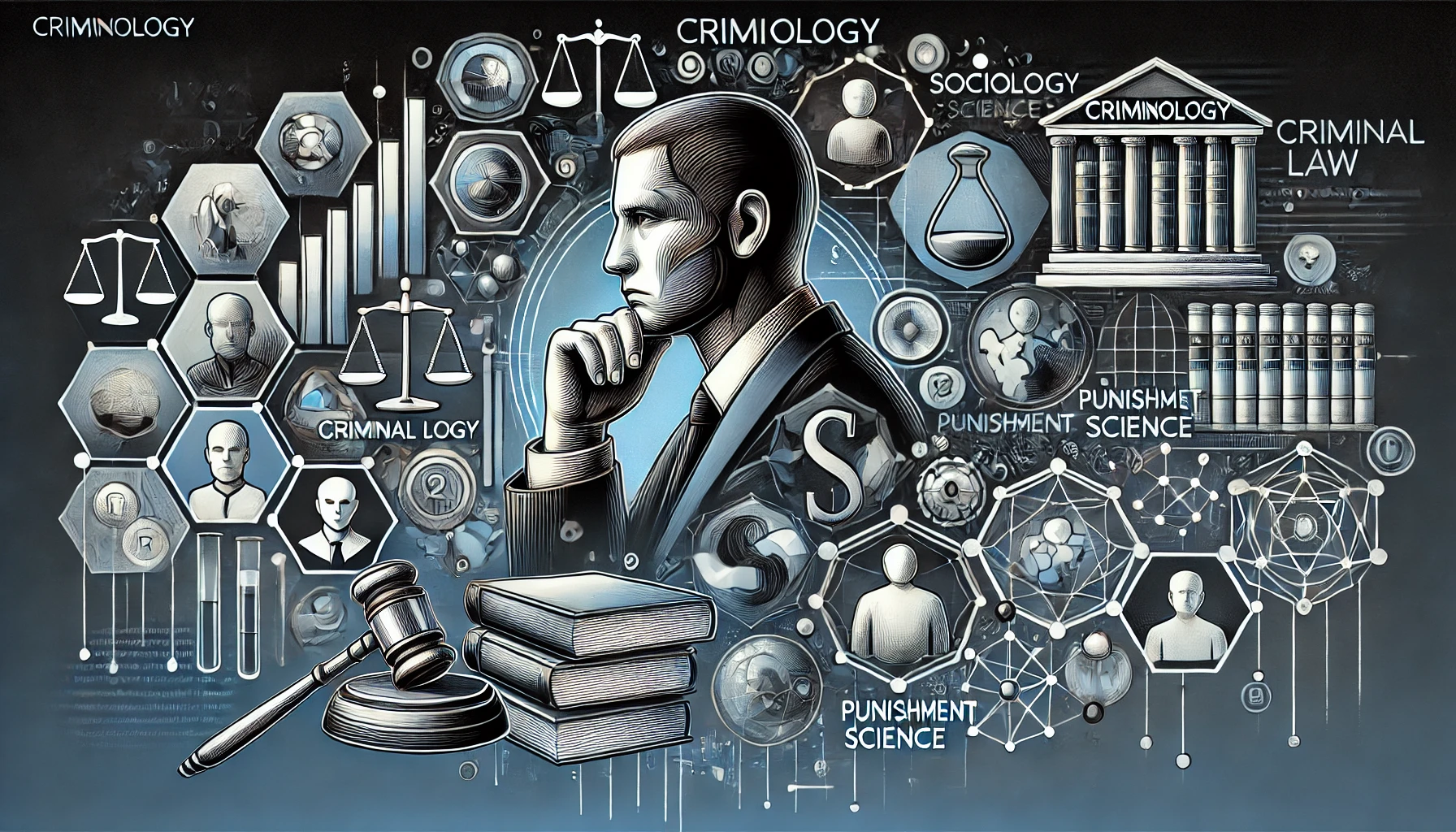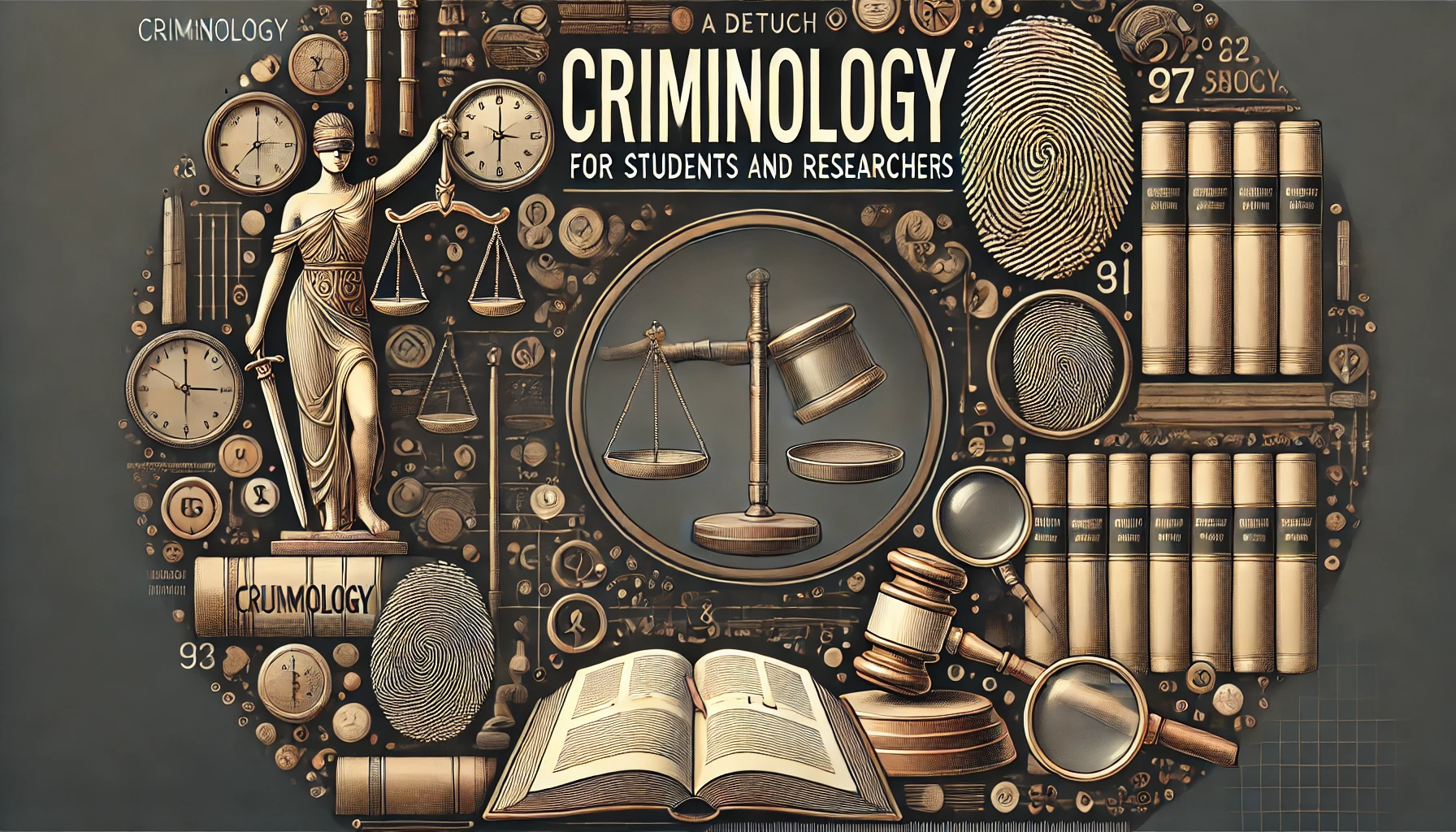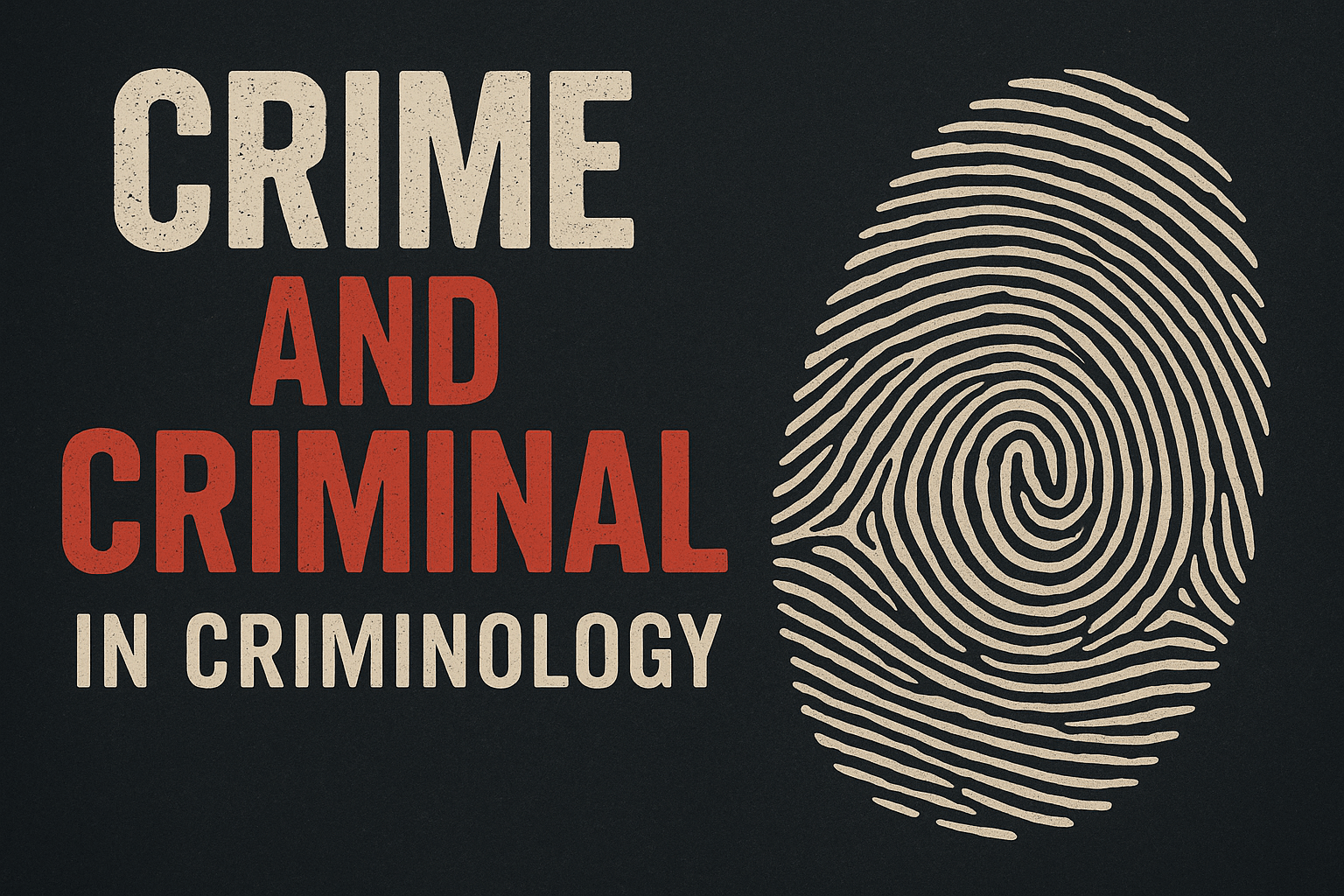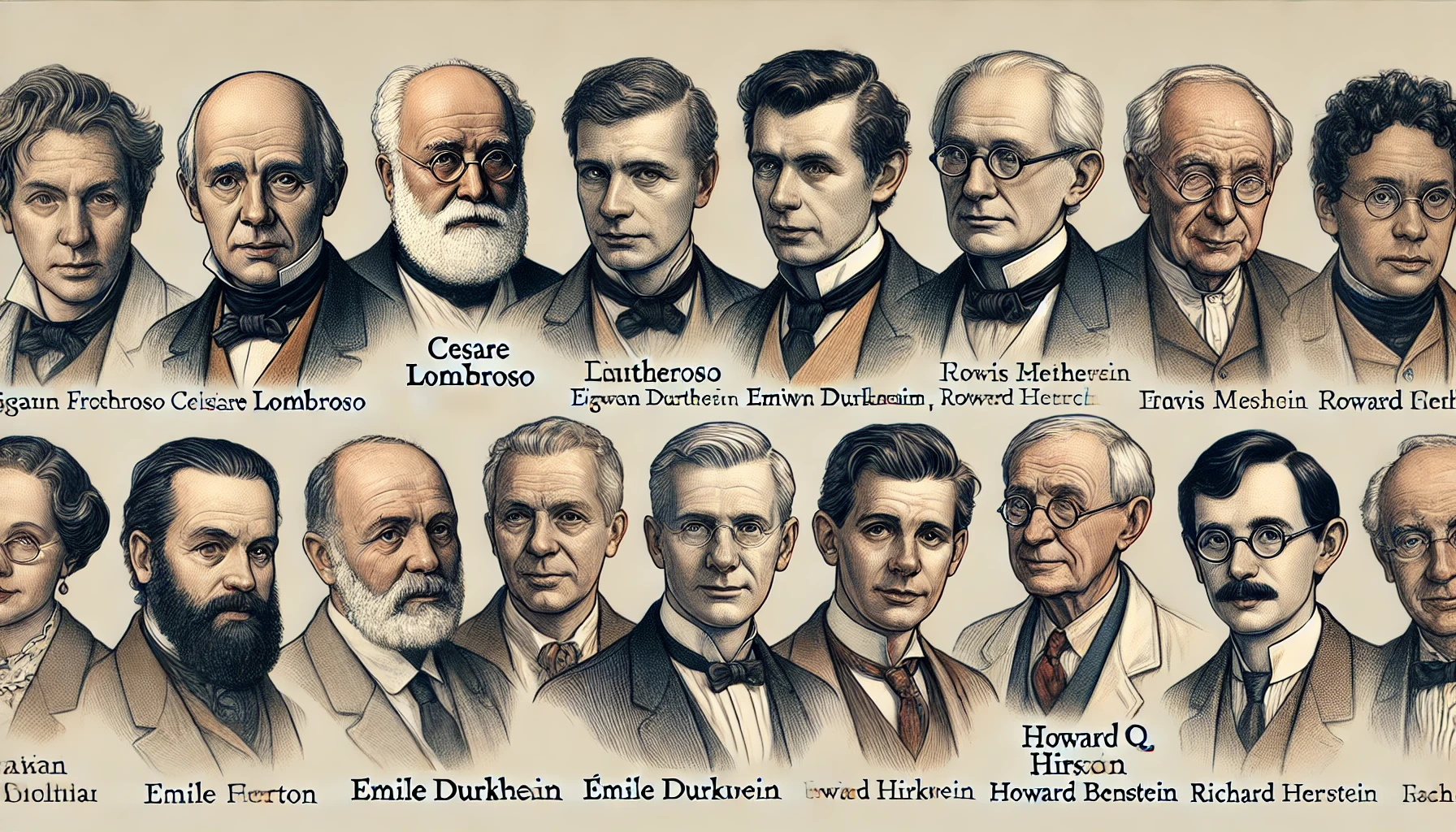criminal behavior LOMBROSO: the formative school
The concept of the “Formation School” represents one of the most prominent stages in the evolution of criminology. It focuses on understanding the causes of crime based on the biological, psychological, and social constitution of the individual. This school studies crime as a phenomenon that can be analyzed through interconnected factors, offering a more comprehensive … Read more

